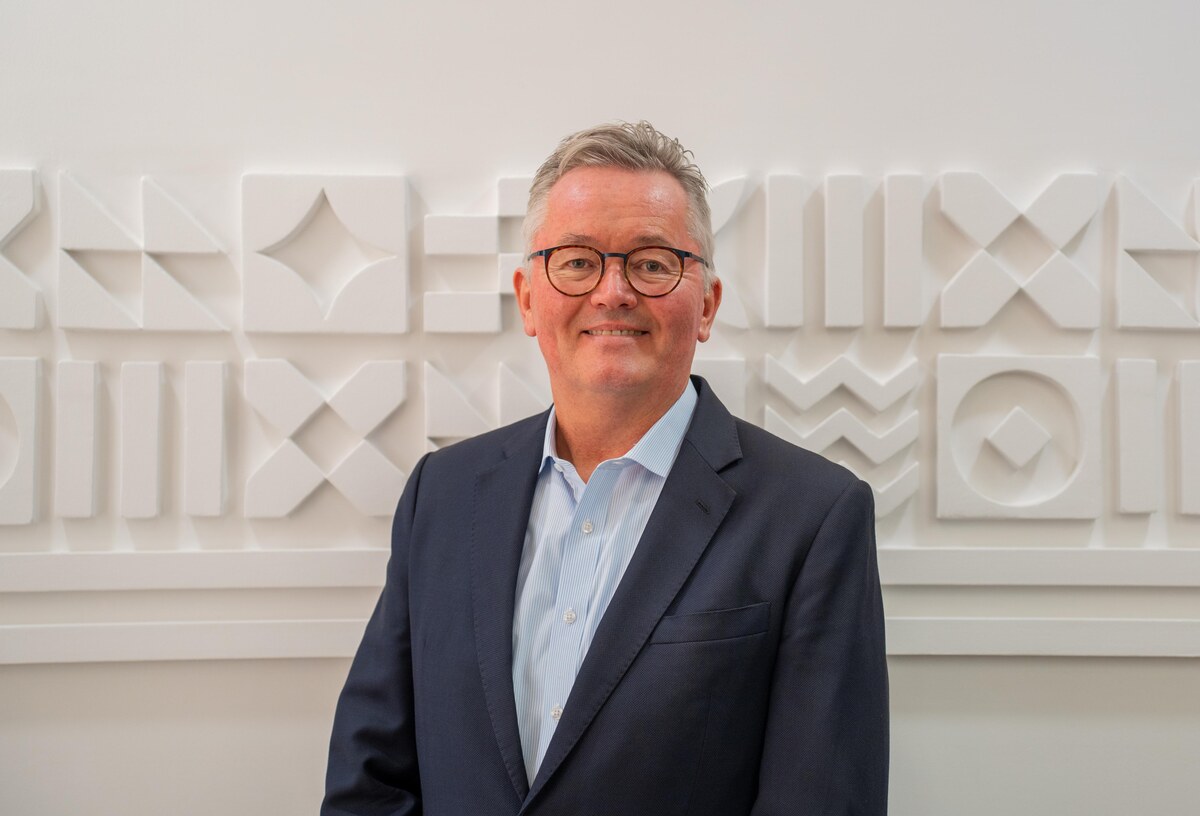It’s time to doff the Stetson, unhitch the boot spurs and stable the quarter horse for another year. CERAWeek by IHS Markit, the annual “Super Bowl” of the energy industry held in cowboy country in Houston, Texas, is over.
Houston is the capital of the US oil industry, and with US crude exports booming at all-time record levels, the mood was exuberant, even on occasion euphoric, at the five-day energy extravaganza. The number of attendees, at 5,300, was also a record for what has been called the “oil man’s Davos.” Here are some key takeaways.
1. The dynamic of the global oil industry has changed dramatically, even in the past 12 months. The renaissance of the US oil industry has made the country the biggest producer, and set it on course to rival Saudi Arabia as the biggest exporter. OPEC, led by the Kingdom, will have to rethink its long-term position, and maybe further institutionalize the relationship with Russia and other non-OPEC producers to counterbalance American dominance in oil.
2. The crisis in Venezuela has the potential to bring about fresh turbulence in oil. One of the most enthusiastic rounds of applause of the week came when energy experts from there — opponents of the Maduro regime — called for change and investment in the country’s energy industry, which is in chaotic condition. Venezuela has the biggest reserves in the world, and if it were to get back “online” it could add a new element to the global picture.
3. The US shale industry, centered around the Permian Basin, goes from strength to strength. Shale executives in Houston were in back-slapping, yee-hawing mood as they celebrated the success of their businesses. One panel was asked to consider what might go wrong for US shale, and was in unanimity that — barring a major disaster — the future was assured, at least for the next five years, thanks to the unique combination of technology, finance and “great rock.”
4. The threat of peak oil — supply and demand — has been shown to be a myth. The world is producing and consuming more oil than at any time in history, and that trend will continue despite the move toward electric vehicles. One statistic stood out: Only 18 percent of the world’s population has traveled in an airplane. The growing prosperity of Asia’s populations will change that. It is hard to imagine electric planes taking over the skies anytime soon.
5. Global demand for liquified natural gas is also booming. Some experts talked of a “surge” in LNG production — with the US shale industry again playing a major part — and demand in Asia is growing fast. Twenty years ago there were fewer than 10 LNG importers in the world. Today there are 49.
6. Pressure on the energy business to be more sustainable is formidable, and will increase. Virtually nobody at CERAWeek was a climate-change denier. Many sessions were devoted to renewable technology, with the increasing efficiency and affordability of solar power the favored path for many executives. The Middle East has obvious advantages in this respect and was frequently mentioned as a future leader of the solar industry — with the right strategy.
7. Mobility in all its forms is taking up an increasing amount of energy executives’ time. Electric vehicles, self-drive cars, ride-hailing IPOs are examples of the corporate frenzy surrounding mobility, and have obvious implications for the oil producers and urban developers. Even more of CERAWeek time was devoted to these issues this year.
8. Technology and energy are more intertwined than ever. CERAWeek expanded this year with the Innovation Agora, and it was an eye-catching exhibition of how high-tech can revolutionize energy production and usage. Saudi Aramco — at the cutting edge of many of the new-wave developments, was prominently on show.
9. Houston is a great place to stage an event. The city is manageable, the hotels are plentiful and affordable, the restaurants are fantastic — especially for any kind of beef dish — and the air connections to the rest of the US and the world are excellent. Davos, Switzerland, please take note.
- Frank Kane is an award-winning business journalist based in Dubai. Twitter: @frankkanedubai






















